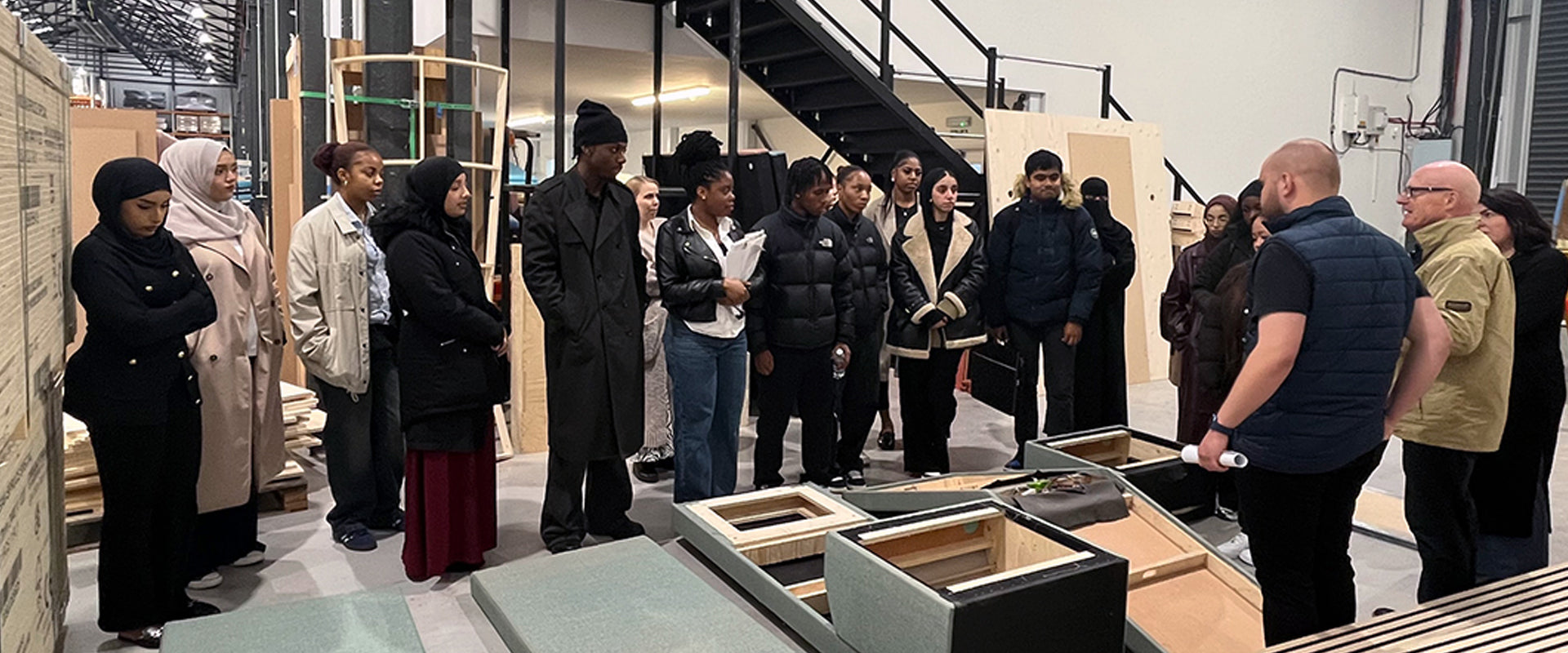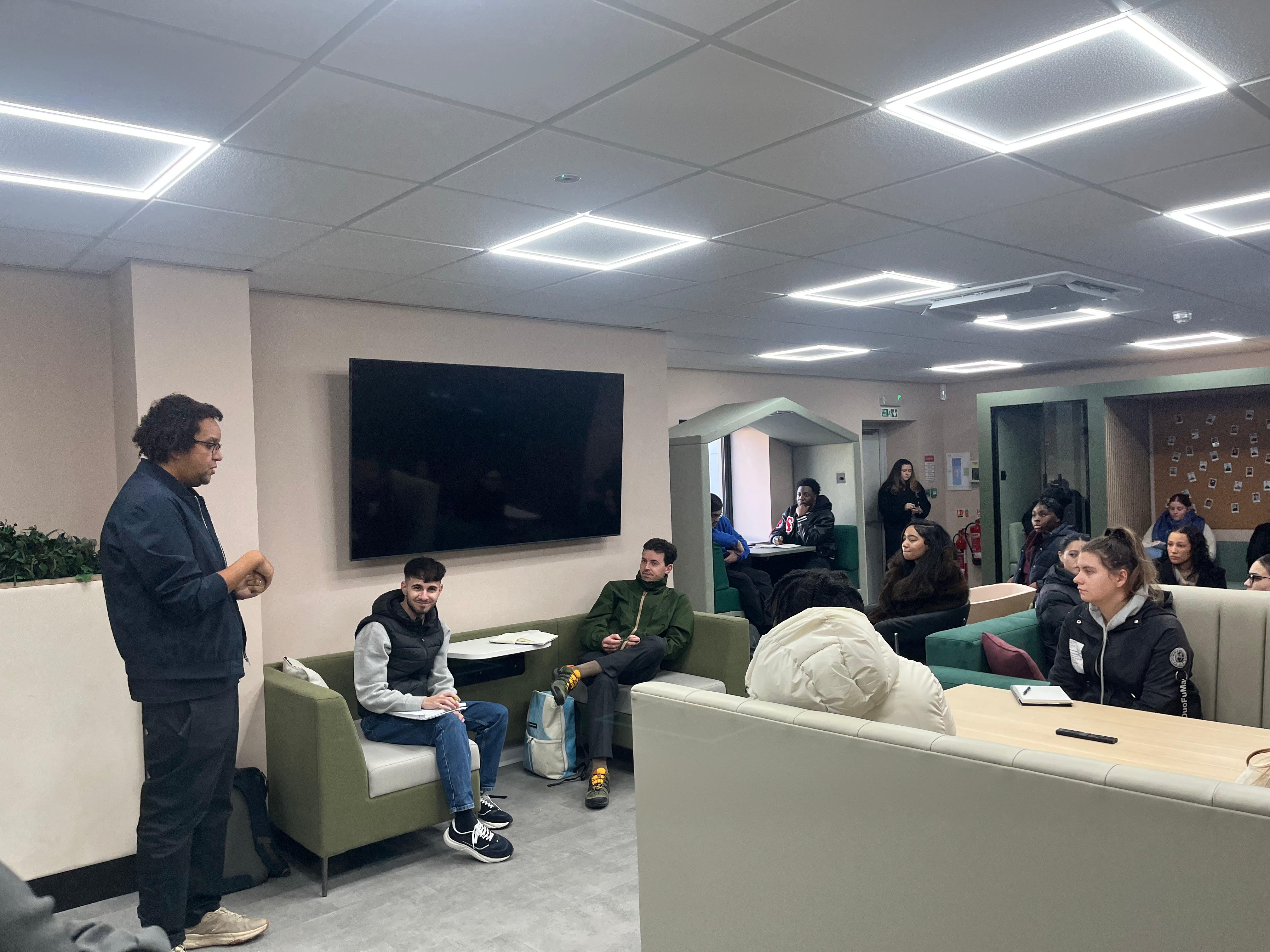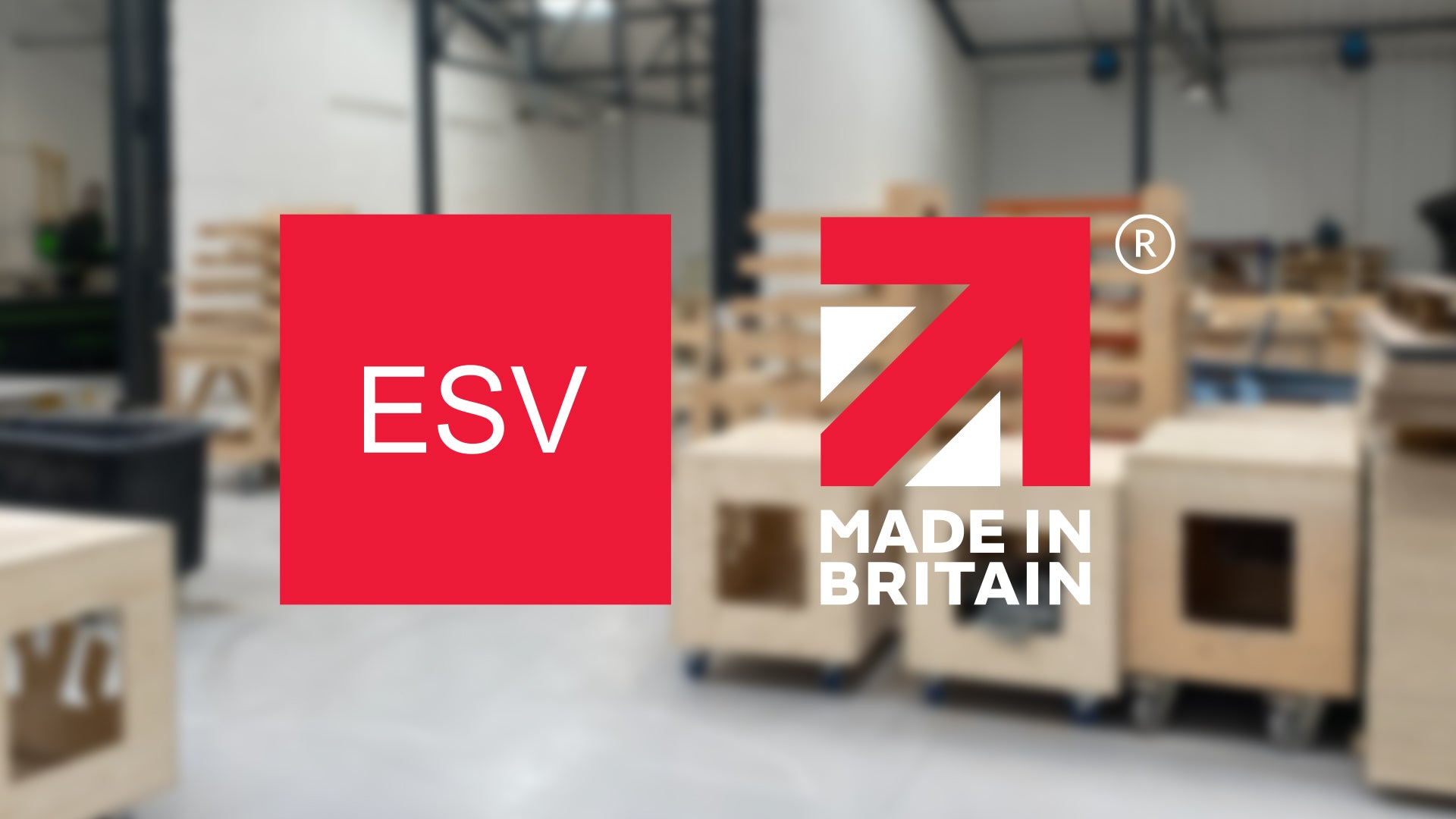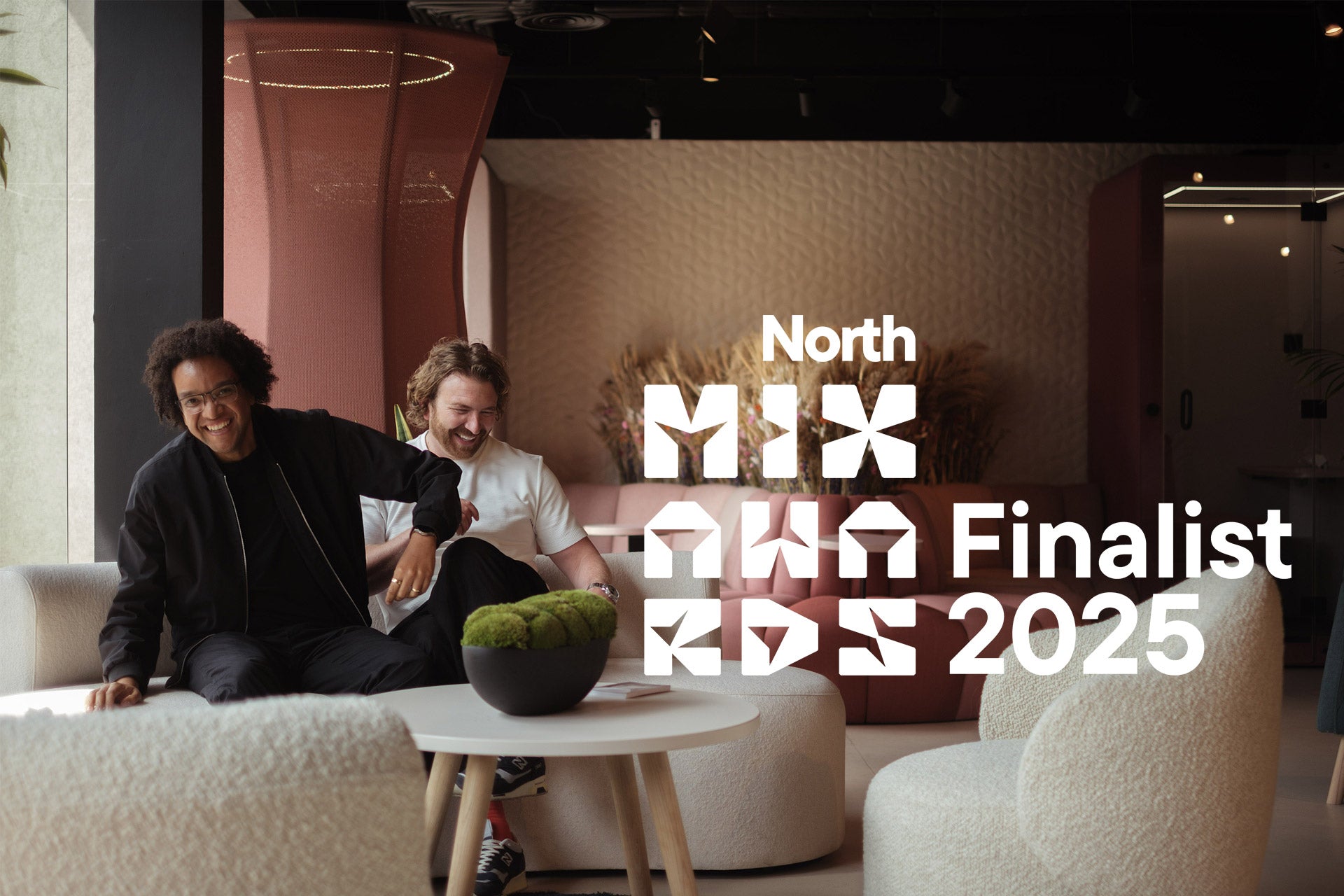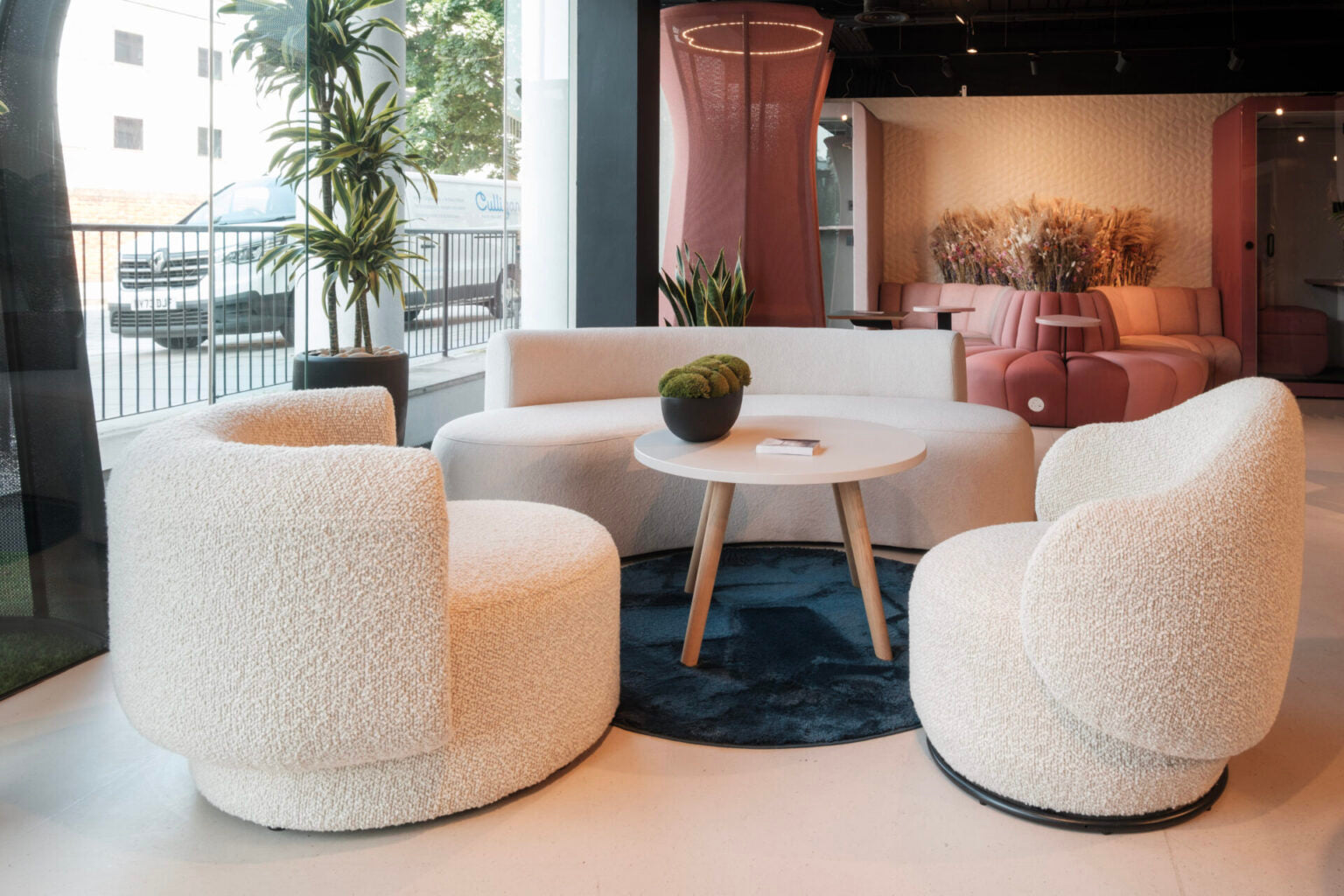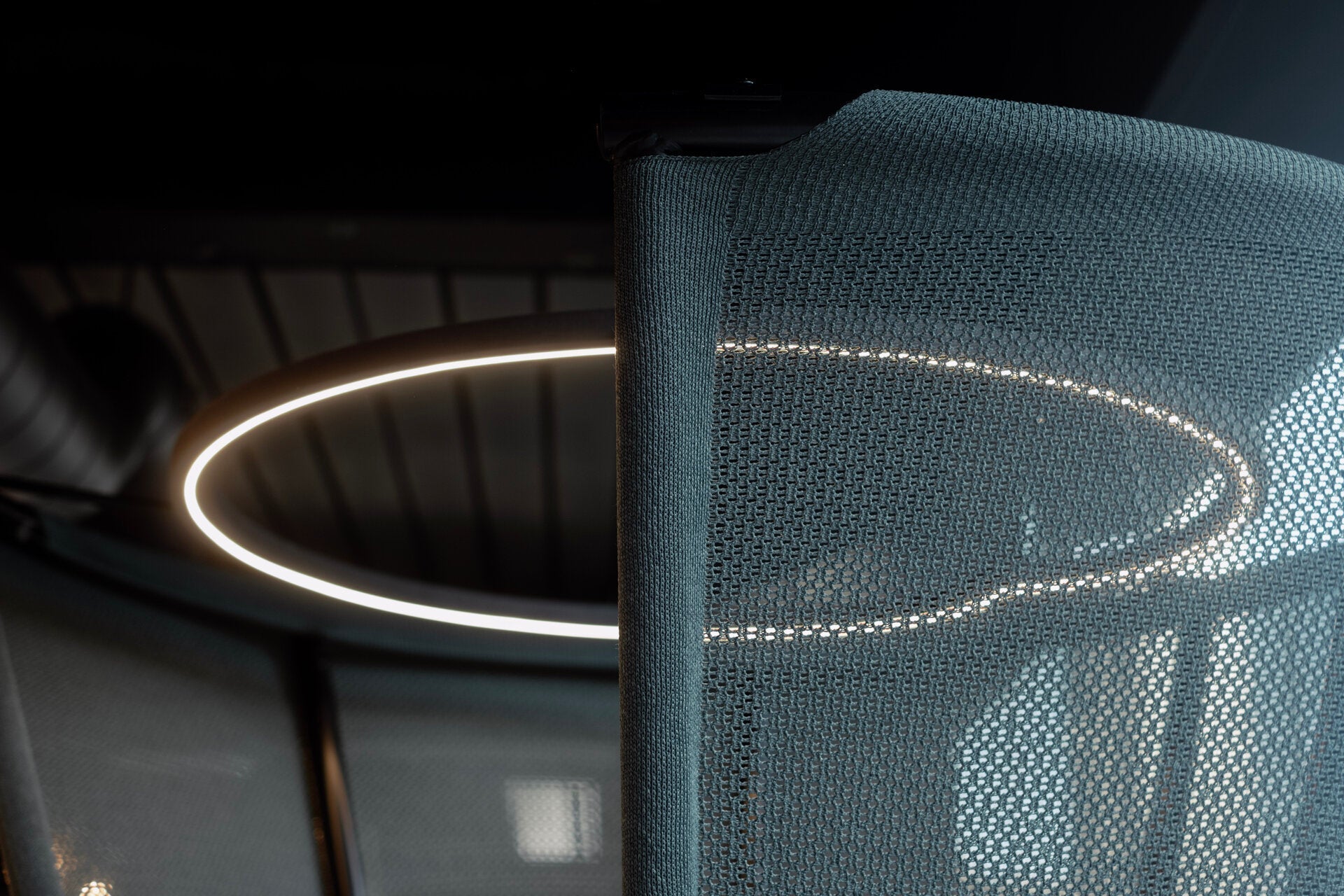Following the successful module we are handling with Coventry University, we opened our doors to Birmingham City University, where we are working with them and their design students on an adaptive reuse project.

Adaptive reuse and circular design involves repurposing our existing products for new uses rather than discarding or recycling them into raw materials. This approach is sustainability-driven and aims to minimise waste, reduce resource consumption, and extend the lifecycle of materials. Given our vast efforts towards a more sustainable future, adaptive reuse of our products is the next step on our journey, and we couldn't think of a better way than to include the young, bright minds of future designers.

- Participate in a manufacturing tour led by Matt Foster and engage in hands-on stool-making alongside our upholstery team member, Sam Pearson.
- Explore the product design process in a commercial setting, focusing on sustainable practices, guided by our Product Designer, Henry Watson, and Sustainability Expert, Sadie Millermaggs.
- Learn from our production designers, Charlie Adlem and George Hopkins, about evaluating manufacturing feasibility, overcoming design challenges, and transforming ideas into finished installations.

After the talks and demonstrations, students studying Architecture and Interior Design were presented with their assignment: to reimagine the purpose of a Bea roofed den. The brief outlined key considerations to guide their designs, including:
- Modularity and Reconfiguration: Enable designs to be easily disassembled and reassembled, allowing for future reconfiguration or repurposing.
- Value Addition: To ensure the design remains relevant over time, focus on creating tangible benefits such as enhanced durability, aesthetic appeal, or multifunctionality.
- Sustainability Goals: Align with our commitment to minimising environmental impact through thoughtful and eco-conscious design.
- Manufacturing Integration: Leverage our existing manufacturing capabilities and incorporate efficiencies that reduce material waste during production.
- Sector-Specific Considerations: Address the needs of target sectors, such as workspaces, education, or hospitality, and design with the end-use environment in mind to ensure longevity and adaptability.
- Waste Reutilisation: Incorporate waste streams, such as offcuts or secondary materials from our production processes, to reduce contributions to landfills.
- Feasibility: Ensure the design can be seamlessly integrated into our current production processes for practical implementation.


